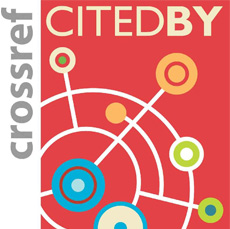ISSN : 1226-4946(Print)
ISSN : 2288-5412(Online)
Yeats and Nietzsche: Life as Tragedy
Mihyun Ahn
Hanyang University
Abstract
Yeats consistently focuses on the dualistic conflict and division, but his early works differ from his later works; the difference must have been made by Nietzsche who has influenced the later Yeats. In Yeats’s early poems, an individual experiences tragedy which is made of the conflict between reality and ideal, and ends up denying life. Since 1902 when Yeats first read Nietzsche, his theory of tragedy has greatly influenced Yeats. The combination of Apollonian power to protect and save life from pain and the Dionysian power to destroy and recreate it permeates Yeats’s attitude toward tragic life and art, especially in tragic joy. With Nietzsche, Yeats could create a great Yeatsian character, who has a will, feels joy, affirms life in the face of tragic life.
예이츠와 니체: 비극으로서의 삶
안미현
한양대학교
초록
예이츠는 지속적으로 이원론적 분열과 갈등을 다루지만, 그의 초기와 중후기 작품과는 차이가 있다. 시인에게 이러한 차이를 만들어 내게 한 것은 니체다. 예이츠 의 초기 시에 등장하는 인물은 현실과 이상사이의 갈등으로 인한 비극을 경험하고 삶을 부정한다. 1902년 니체를 만난 후, 그의 비극론은 예이츠에게 상당한 영향을 준다. 고통으로부터 삶을 보호하고 구원하는 아폴론적 힘과 이를 파괴하고 재창조하는 디오니소스적 힘의 결합은 비극적 삶과 예술 그리고 “비극적 환희”에 대한 예이츠의 태도에 반영된다. 니체와의 만남 후 예이츠의 인물은 여전히 비극적 삶을 마주한다. 그러나 인물은 의지를 갖고 환희를 창조하며 삶을 긍정한다.
Table










